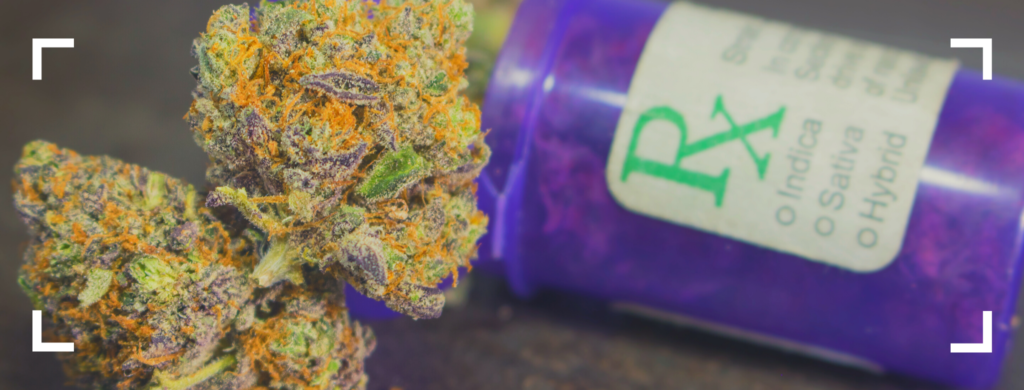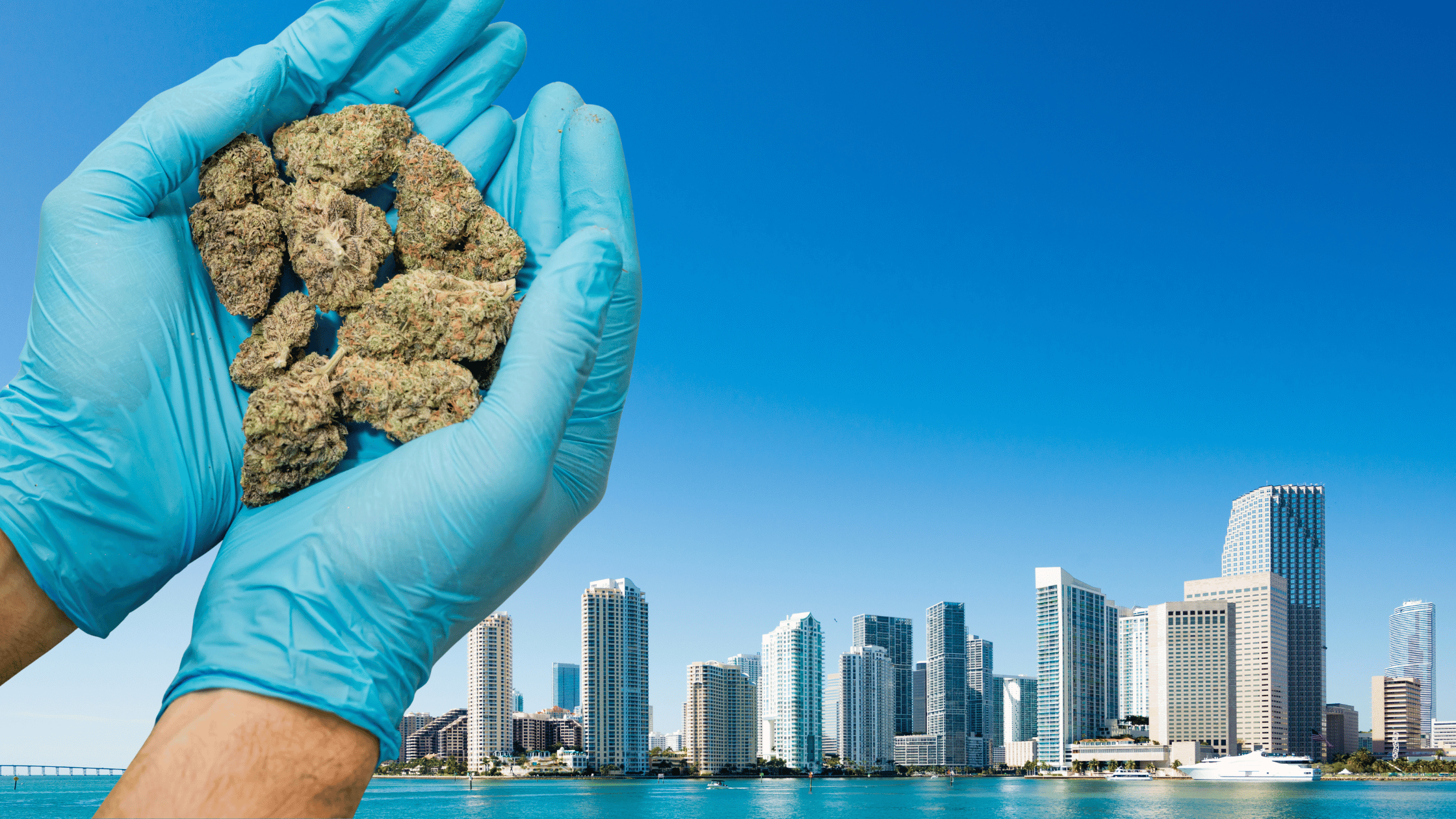
Anti-cancer Properties of Cannabinoids
The antitumor action of cannabinoids was first described in 1975 when it was reported that a 20-day administration of THC was associated with a reduction of the growth of lung adenocarcinoma in mice. Since then animal studies have proved the anti-cancer properties of the cannabinoids.
Cannabinoids are used in cancer patients to treat the side-effects of chemotherapy, increase appetite and alleviate pain. Commercially available cannabinoids are dronabinol (Marinol), nabilone (Cesamet) both synthetic THC and Sativex (THC and CBD extracted from the plant, therefore not synthetic). They are prescribed for the treatment of nausea and vomiting as well as pain relief, stimulation of appetite and reduction in weight loss.
Marinol and Cesamet are available in the USA but the “organic” Sativex is not and can be obtained in Canada. The German Health System pays for Sativex in those patients in need of it.
Cannabinoids anti-tumor activity is at different stages in cancer:
- Apoptosis or cancer cell death and autophagy.
- Proliferation, decreasing the size of the tumor.
- Neovascularization and angiogenesis, inhibiting the creation of new blood vessels which are the highway for cancer dissemination.
- Inhibiting metastatic proliferation.
Cannabinoids (THC and CBD) seem to destroy the cancer cell without affecting the surrounding healthy cells.
The list of cancers where the cannabinoids may play a role continue to grow and over the next few weeks we will revise some of these and the potential therapeutic implications of the cannabinoid system.


